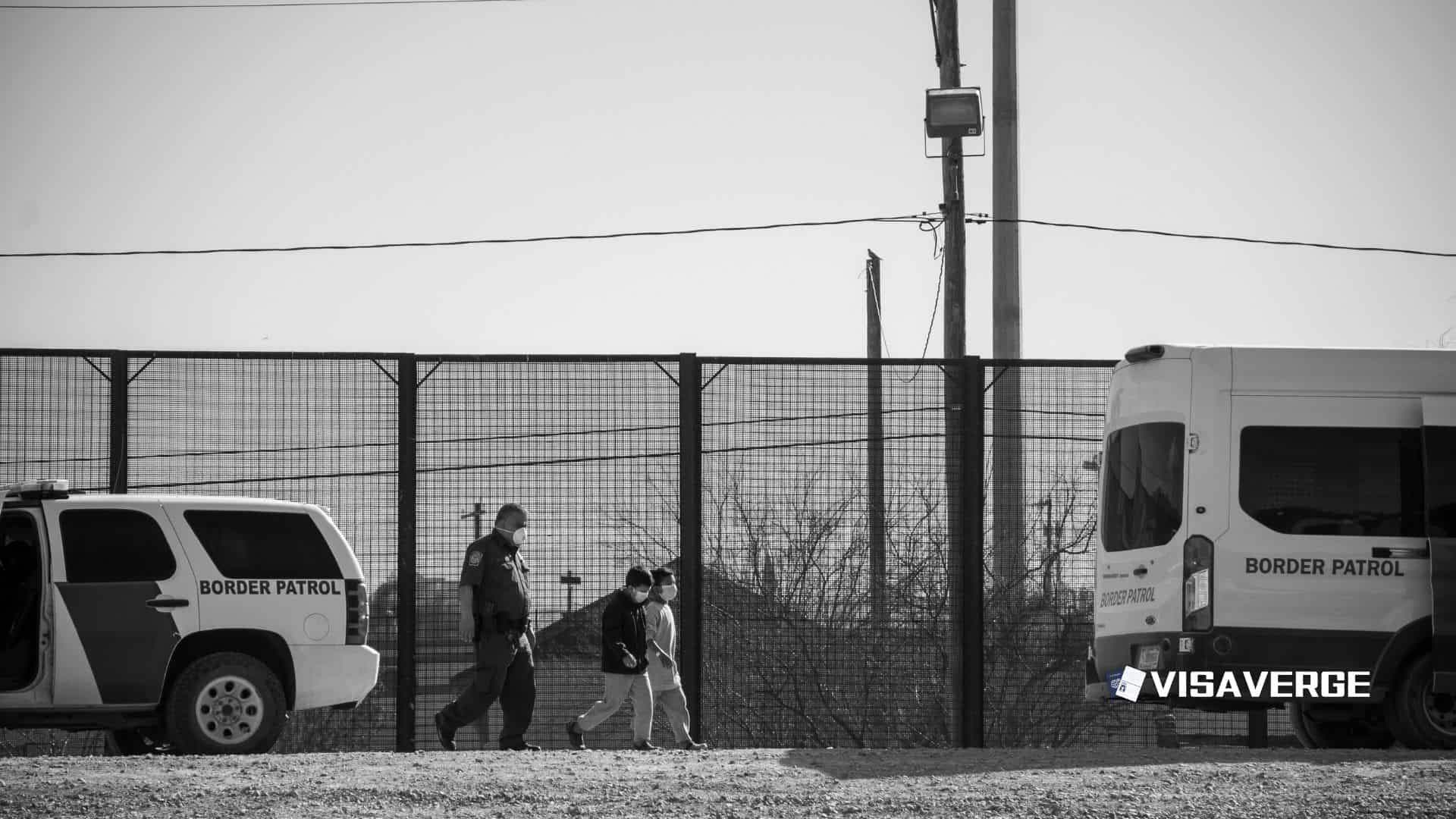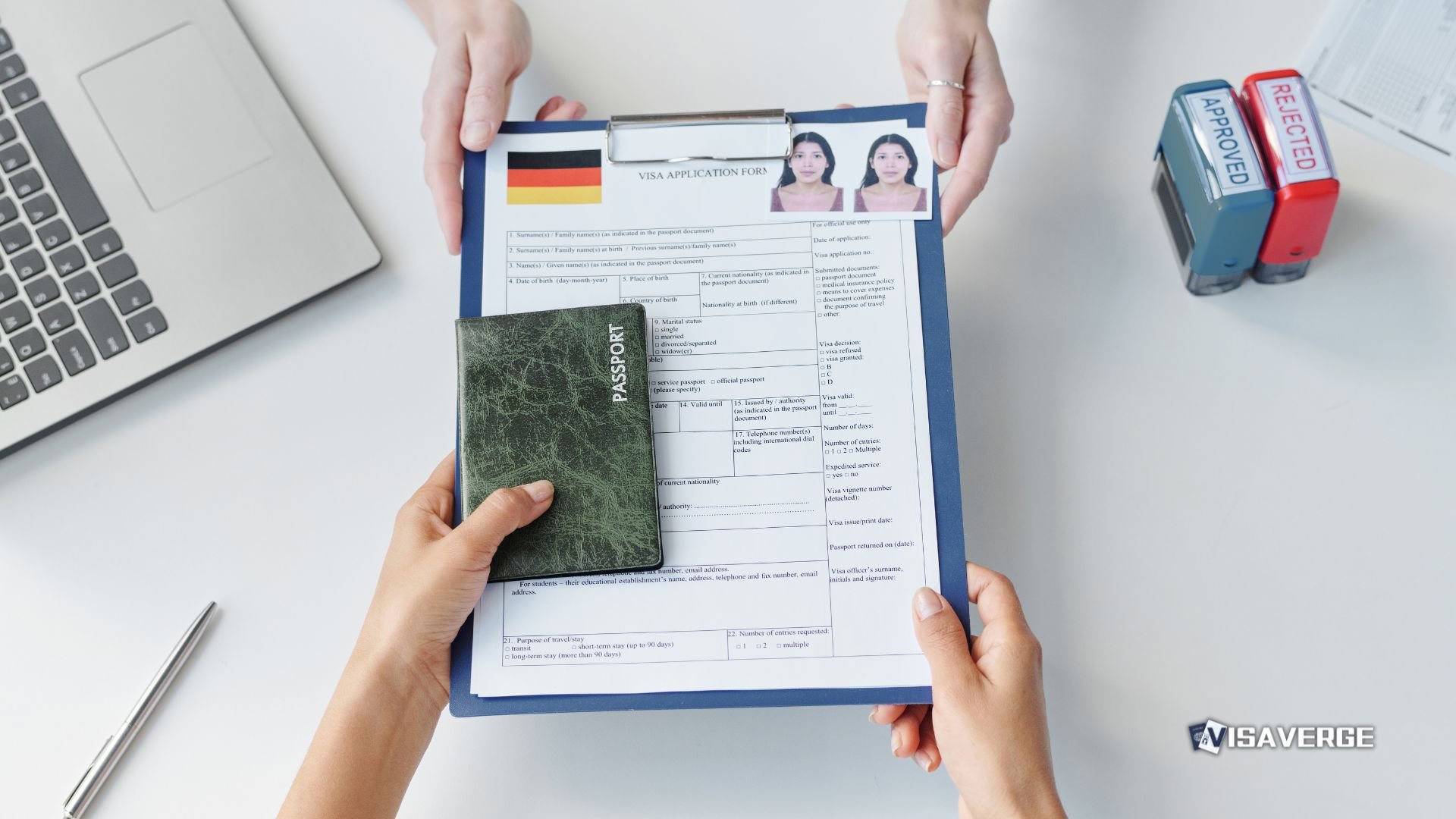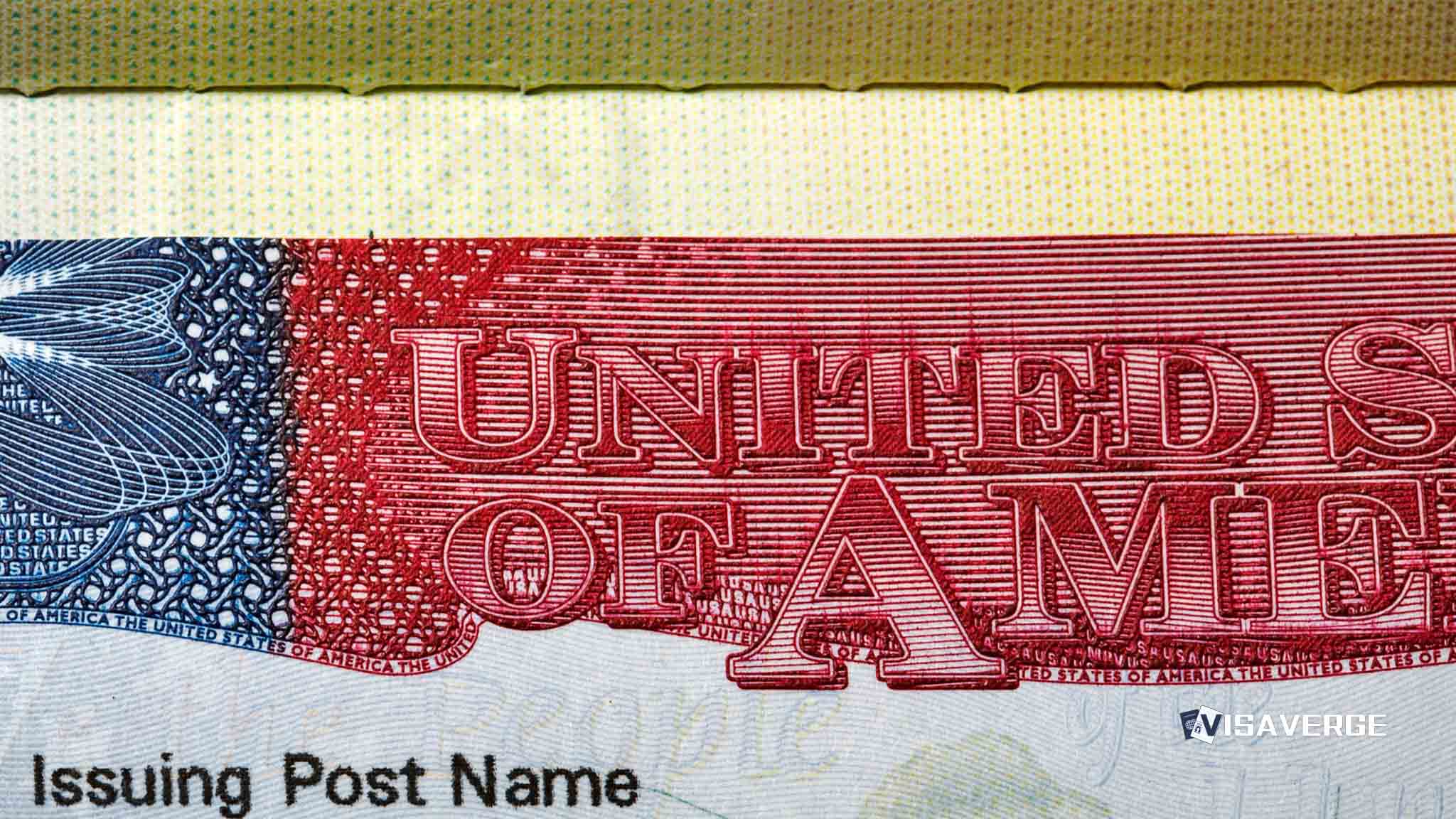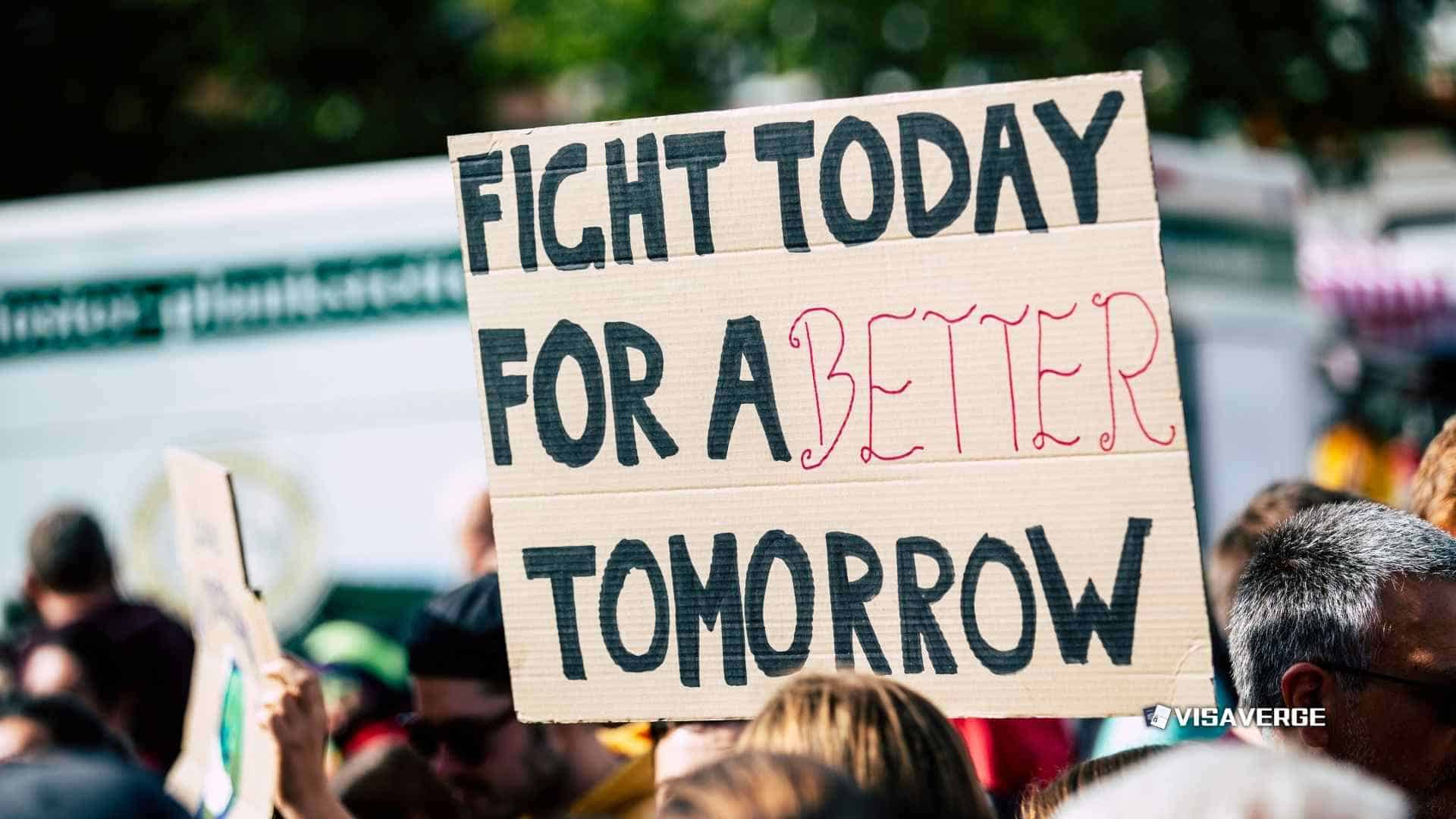(THAILAND) Thailand’s growing law enforcement partnership with Vietnam in 2025 is drawing sharp warnings from refugee advocates, who say the new Thai‑Vietnam cooperation risks a surge in forced deportations of Vietnamese asylum seekers and refugees in violation of the international principle of non‑refoulement. Rights groups say the pattern already visible this year suggests that dissidents who fled Vietnam are no longer safe in Thailand and could be sent back to face prison, torture, or disappearance.
Recent detentions and cross‑border interviews
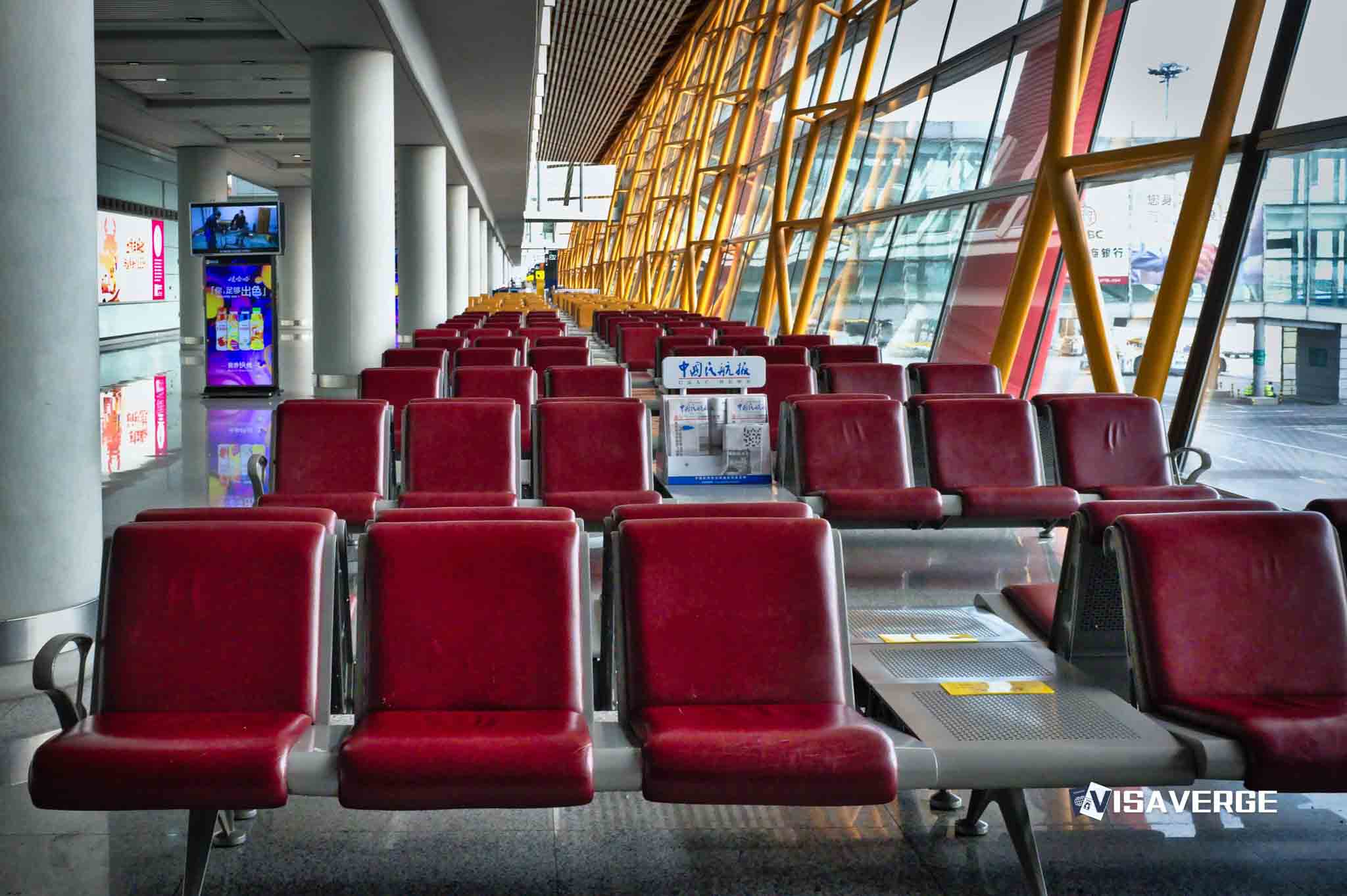
In the first half of 2025, Thai authorities detained scores of Vietnamese nationals, including people already recognized as refugees or asylum seekers by UNHCR. According to rights monitors, Vietnamese officials have even joined interrogations inside Thai immigration detention centers, blurring the line between cooperation on crime and persecution of political opponents.
The presence of Vietnamese officers on Thai soil during these interviews has alarmed lawyers, who say it shows how transnational repression is being carried out under the cover of bilateral policing.
The Comprehensive Agreement and its effects
In May 2025, Thailand and Vietnam signed a Comprehensive Agreement to deepen legislative and judicial cooperation. The deal includes broad pledges to:
- combat crime,
- exchange legal assistance, and
- transfer sentenced persons.
Human rights organizations say that, in practice, this agreement is now being used to identify, arrest, and repatriate Vietnamese dissidents. The most affected communities include the Montagnard and Hmong, many of whom sought refuge in Thailand after fleeing ethnic, religious, and political persecution in Vietnam. One rights report describes the agreement as a tool that “facilitates transnational repression” rather than a narrow crime‑fighting instrument.
Case in focus: Y Quynh Bdap
At the center of current advocacy is Y Quynh Bdap, a Montagnard activist recognized as a refugee by UNHCR. Thai authorities detained him in Bangkok and he now faces extradition to Vietnam on terrorism charges.
- The trial in Vietnam that led to those charges has been widely criticized for lacking fair trial guarantees.
- UN human rights experts and international NGOs warn that if Thailand hands him over, he faces a serious risk of enforced disappearance, torture, and a long prison sentence.
- They are urging Thai authorities to refuse extradition, stressing that returning a recognized refugee to such conditions would directly breach the principle of non‑refoulement, which “prohibits returning refugees to places where they face threats to life or freedom.”
A mounting climate of fear among refugees
Refugees interviewed in Bangkok between July and October 2025 describe a climate of fear that has grown steadily since the May agreement. Many report they:
- avoid public places,
- change addresses frequently,
- hesitate to approach Thai authorities for help, fearing contact could expose them to arrest or quiet handover to Vietnamese agents.
Several Montagnard and Hmong refugees told researchers they believe plainclothes officers from Vietnam now operate in Thailand with tacit permission, watching community gatherings and churches. For families who once saw Thailand as a last safe route out of Vietnam, the sense of sanctuary has started to disappear.
Legal obligations and gaps
Thailand has not ratified the 1951 Refugee Convention or its 1967 Protocol, and it has no domestic asylum law that clearly sets out refugee rights and state duties. Even so, Thailand is bound by the universal principle of non‑refoulement under customary international law and by its obligations under the UN Convention against Torture.
Human Rights Watch, UN experts, and other groups argue these duties leave no room for Thailand to send refugees or asylum seekers back to places where they face persecution — even if Vietnam labels them criminals or terrorists.
Historical context of returns
Rights organizations note Thailand’s track record with past returns:
- Over the years, Thai authorities have forcibly sent back people from neighboring countries, including political dissidents and ethnic minorities.
- Many of these returns took place without proper assessment of protection needs.
According to analysis by VisaVerge.com, this history weighs heavily on Vietnamese refugees currently in Thailand, who fear that the wave of Thai‑Vietnam cooperation is only the latest chapter in a long pattern of quiet removals. Advocates say each new deportation reinforces the message that crossing a border is no guarantee of safety in the region.
The National Screening Mechanism (NSM)
The Thai government has promoted its new National Screening Mechanism (NSM) as a step towards a more orderly system for people seeking protection. However, refugee groups criticize the scheme as:
- Too narrow and vague in its rules,
- Excluding many long‑term migrant workers and people already recognized as refugees by UN bodies,
- Creating confusion and deep mistrust among affected communities.
Many refugees see the NSM not as a path to protection but as another channel that could result in detention or forced deportations if their cases are rejected. Lawyers say that until Thailand clearly commits to non‑refoulement in practice, no screening system can provide real safety.
Calls from international actors
International pressure is building. Human Rights Watch, Amnesty International, and UN special rapporteurs have urged Thailand to:
- halt cooperation with Vietnamese authorities whenever it puts refugees or asylum seekers at risk,
- recognize refugee status domestically,
- regularize residency for those already recognized by UNHCR,
- provide access to work, education, and basic services.
These groups stress that Thailand’s role as a regional hub gives it a special responsibility: if it allows foreign security services to target exiles on its territory, the wider system of refugee protection in Southeast Asia could start to unravel.
Thai government stance and transparency concerns
The Thai government has not publicly detailed how it balances its bilateral commitments with Vietnam against its obligations under non‑refoulement. Officials emphasize the need to fight transnational crime and say cooperation agreements are standard tools between neighbors.
Rights lawyers counter that such agreements must include strong human rights safeguards. They note the current agreement’s text has not been released in full for public scrutiny. Without transparency, it is impossible to know what protections, if any, exist for people who fear return.
Vietnam’s position and advocacy warnings
Vietnam defends its prosecutions of Montagnard, Hmong, and other activists as normal law enforcement against “terrorism” and public order offenses. Refugee advocates respond that many targeted individuals were involved in:
- peaceful religious activities,
- land rights campaigns, or
- calls for greater autonomy.
They warn that accepting Vietnam’s labels at face value risks turning Thailand into an extension of Vietnam’s security apparatus. Instead, they urge Thailand to individually assess all extradition and deportation requests for people with protection claims, applying strict human rights standards.
Practical steps urged by diplomats and UN officials
Some diplomats and UN officials quietly hope Thailand will adjust course, especially in high‑profile cases such as Y Quynh Bdap. Suggested practical steps include:
- Stronger cooperation between Thai agencies and UNHCR, with clear procedures to check whether anyone facing removal has already been recognized as a refugee.
- A public reaffirmation by Thailand of its commitment to non‑refoulement.
- Instructions to police, immigration officers, and judges that non‑refoulement must guide all decisions on returns and transfers.
“Returning a recognized refugee to conditions where they face threats to life or freedom would directly breach the principle of non‑refoulement.”
Current situation and stakes
For now, Vietnamese refugees in Thailand remain in a tense waiting game. Each new arrest or report of Vietnamese officials visiting Thai detention centers deepens their anxiety that the next move could be a forced return.
With both governments pushing closer law enforcement ties, the immediate question is urgent and simple for many families: will Thailand choose regional security cooperation, or will it uphold its duty not to send people back into harm’s way? Observers say that how Bangkok answers that question, case by case, will shape the future of refugee protection in mainland Southeast Asia for years to come.
This Article in a Nutshell
In 2025 Thailand and Vietnam forged a Comprehensive Agreement expanding judicial and policing cooperation. Rights groups report Vietnamese officers conducting interviews inside Thai detention centers and say the pact is facilitating arrests and potential forced returns of Vietnamese dissidents, notably Montagnard and Hmong refugees. Thailand has no domestic refugee law but is bound by non‑refoulement and the Convention against Torture. Advocates call for transparency, UNHCR coordination, legal safeguards, and refusal of extraditions that risk torture, disappearance, or unfair trials.










